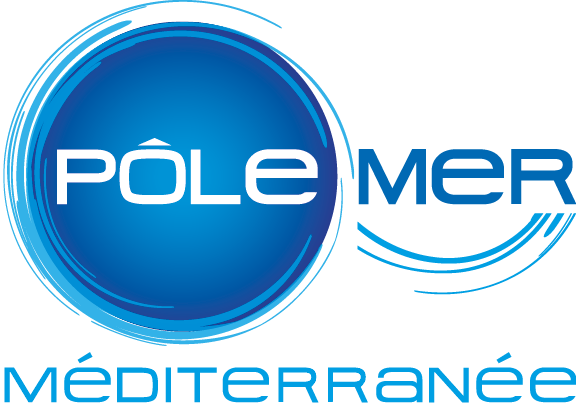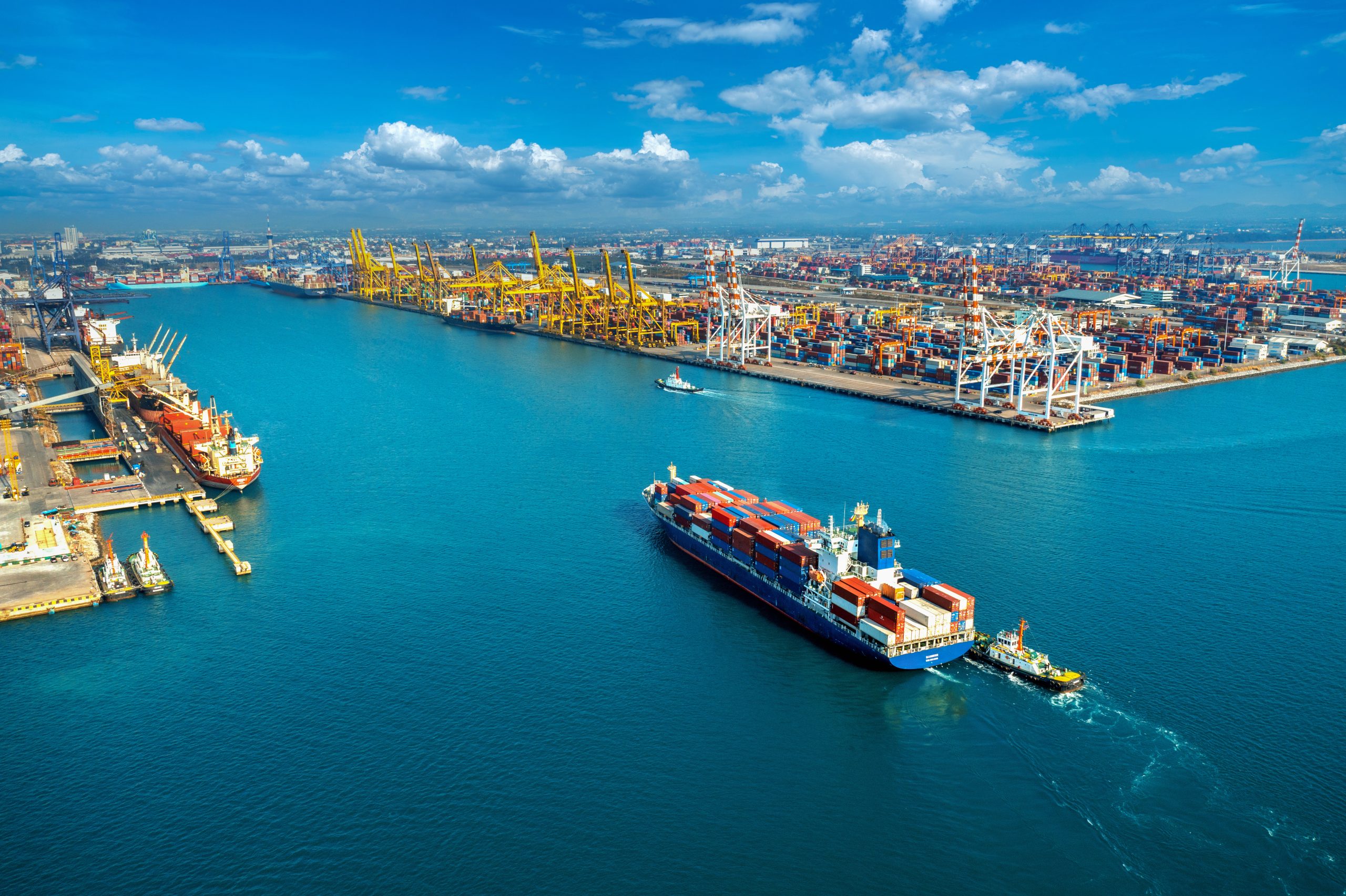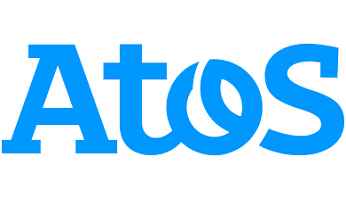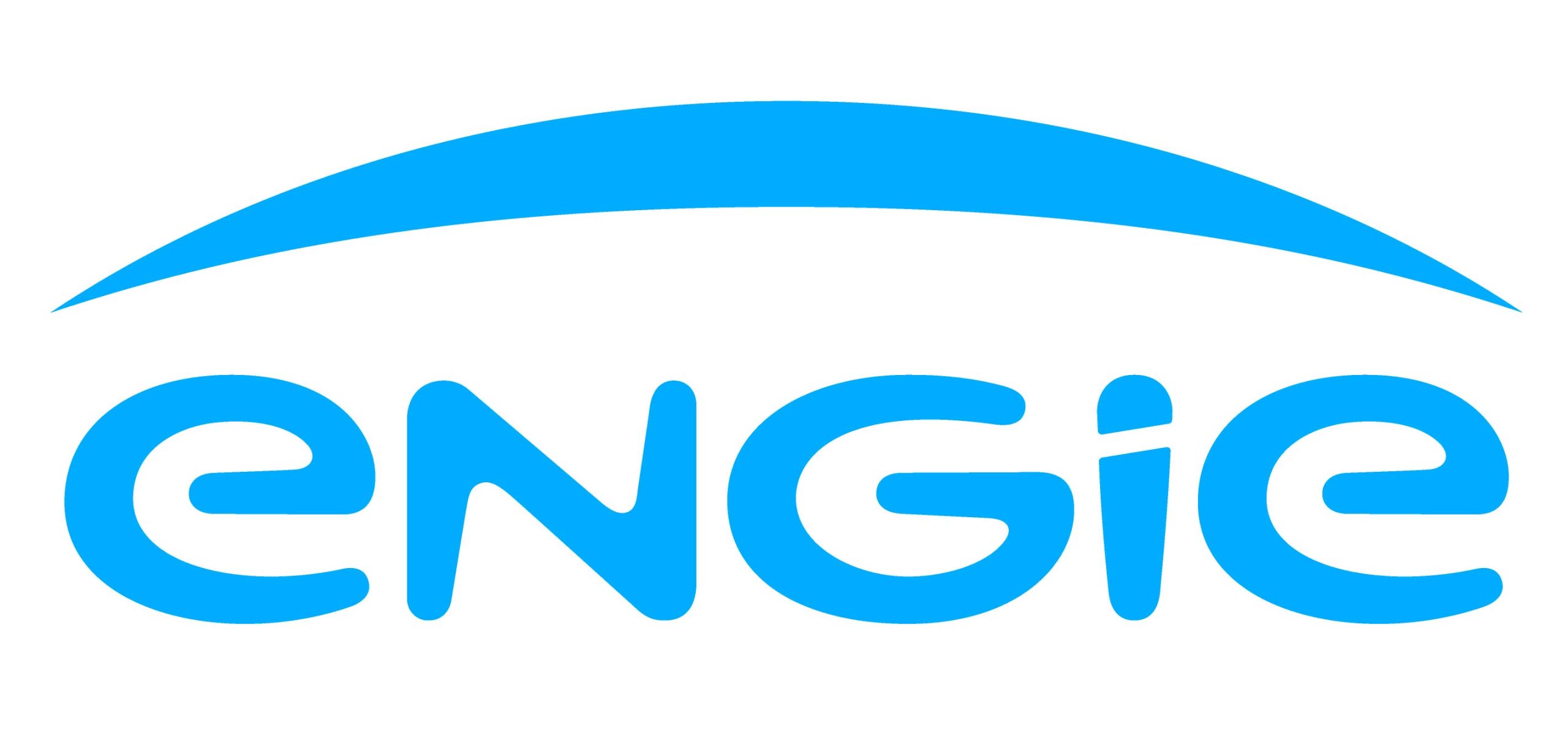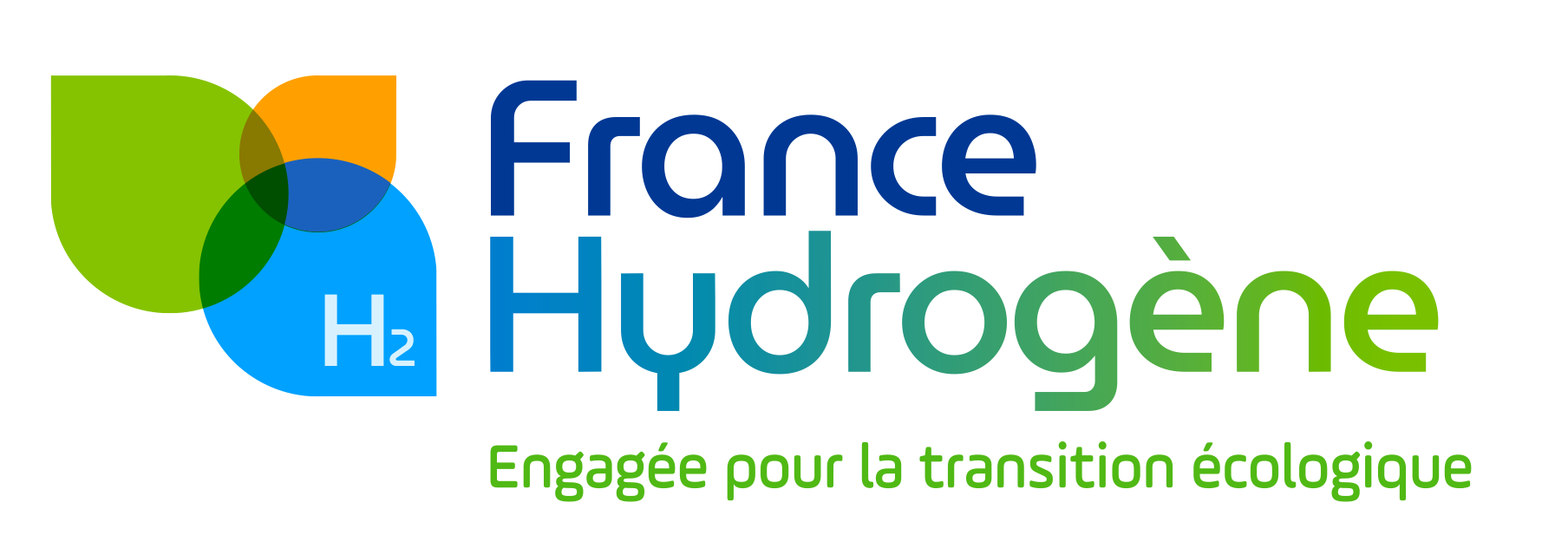Integrated, fluid, competitive and responsible ports are real drivers of a sustainable economy in our territories.
French ports, open to the Channel, the Atlantic, the Mediterranean and Overseas, constitute strategic assets serving foreign trade and the industrial and economic development of the country. They play a role as a sea-land interface, making it possible to irrigate the hinterlands and having a character of national sovereignty.
By their proximity to neighbouring urban areas, ports also have major responsibilities in terms of environmental protection and must be pioneers in terms of ecological and energy transitions. They must ensure the sustainability of their activities with secure infrastructure adapted to new climate challenges (rising water levels, storms, etc.) while reducing their environmental impact.
These issues have been accentuated in recent years by a regulatory context which calls for the decarbonisation of activities, which requires the development of new energies and new, cleaner fuels, for example. The transition to other alternatives is becoming essential to meet current environmental requirements.
The scope of this strategic action area concerns:
- Port developments and infrastructure, including their integration into the environment — particularly in urban areas and through connections to the hinterland;
- The “greenport” through the management of energy, flows and environmental impact;
- The “smart port” through the digitisation and cybersecurity of port activities;
- Port logistics.

